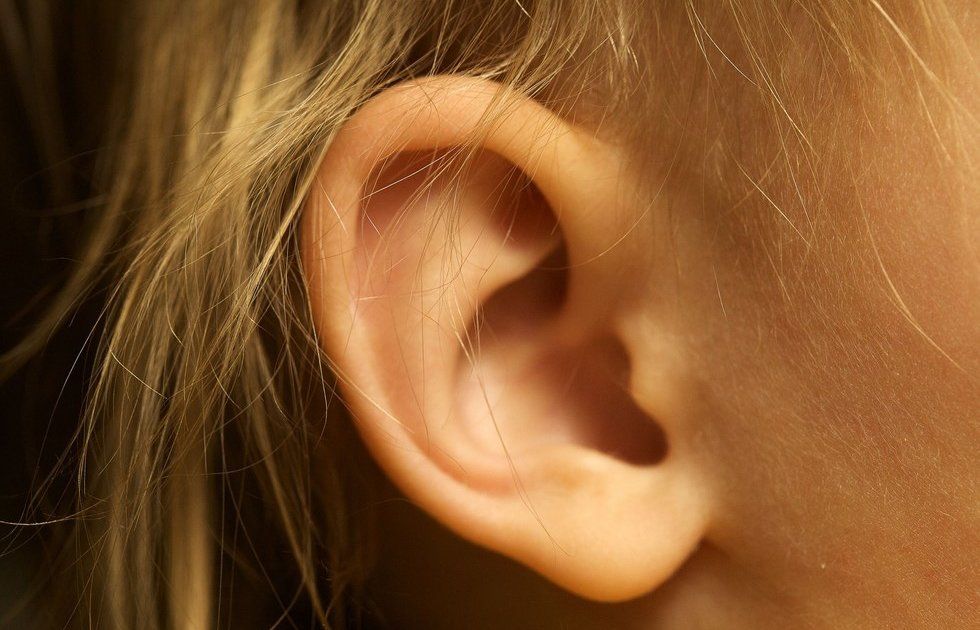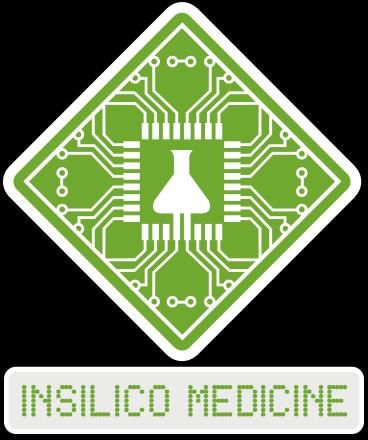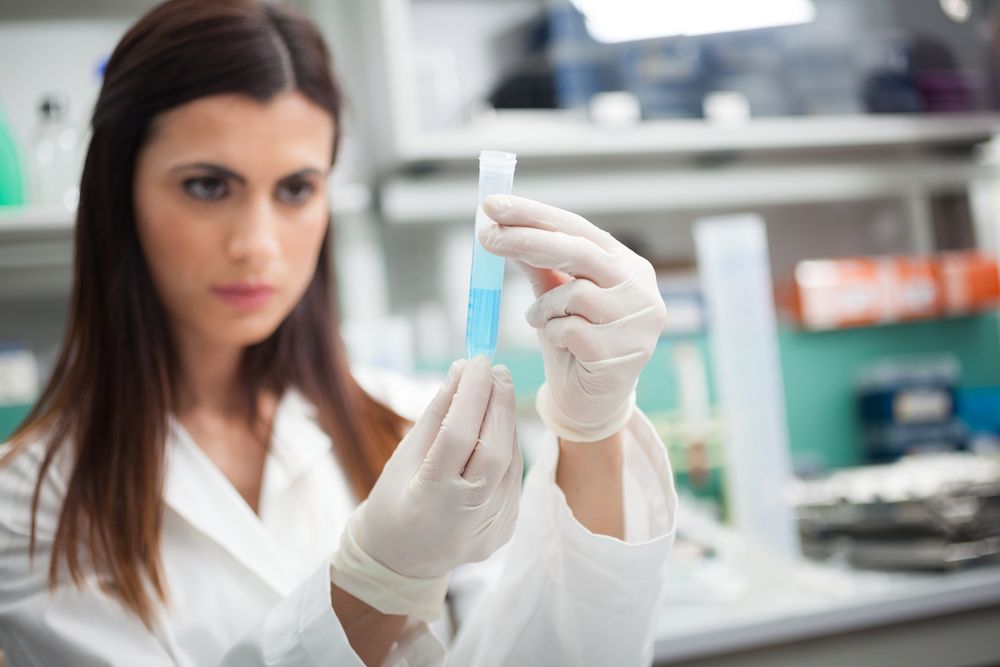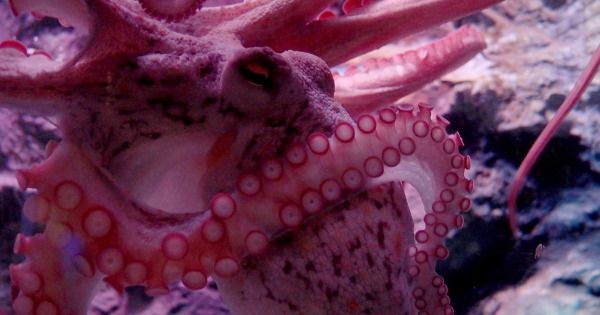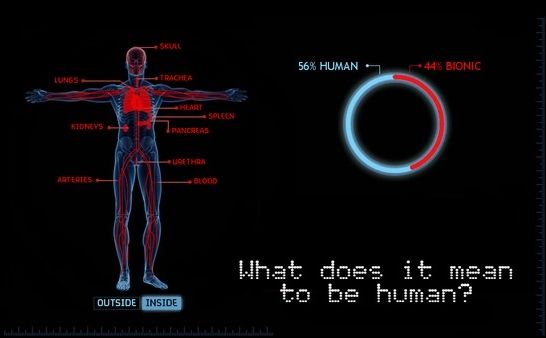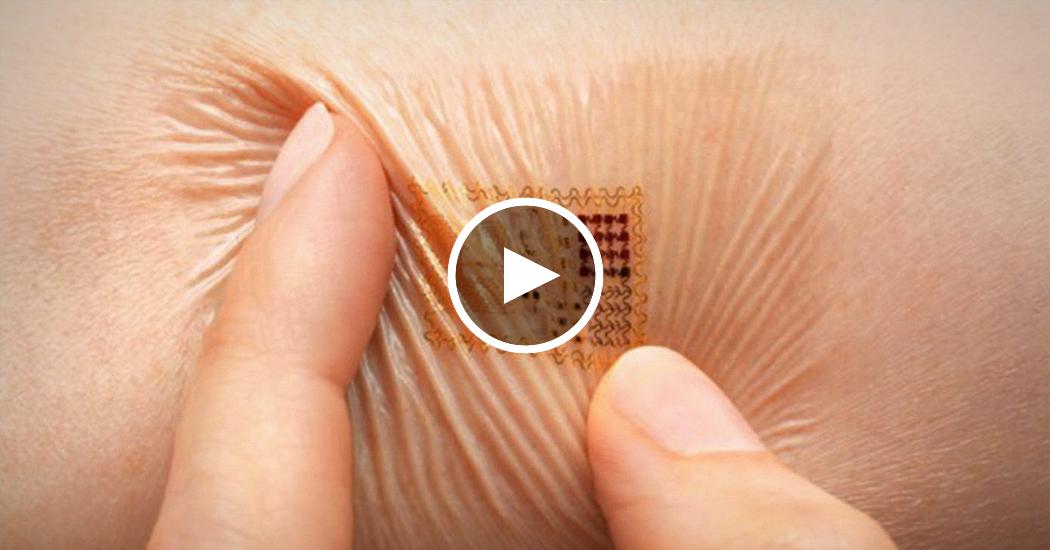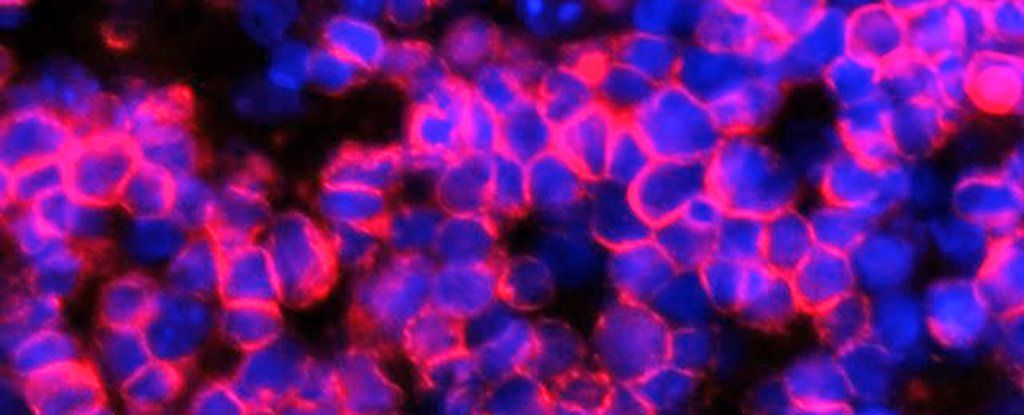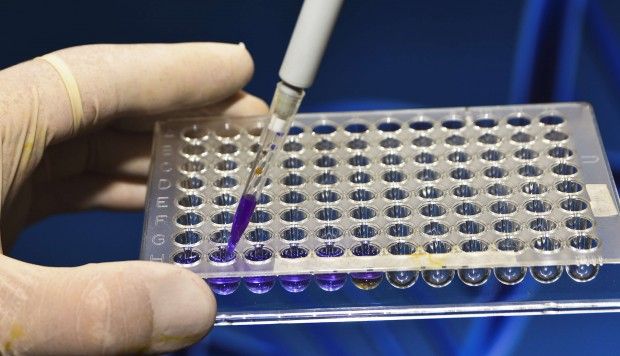Archive for the ‘biotech/medical’ category: Page 2427
Apr 10, 2017
Billionaire investor to accelerate research in artificial intelligence in healthcare
Posted by Steve Hill in categories: biotech/medical, business, information science, life extension, robotics/AI
Interest in rejuvenation biotechnology is growing rapidly and attracting investors.
- Jim Mellon has made an investment in Insilico Medicine to enable the company to validate the many molecules discovered using deep learning and launch multi-modal biomarkers of human aging
Monday, April 10, 2017, Baltimore, MD — Insilico Medicine, Inc, a big data analytics company applying deep learning techniques to drug discovery, biomarker development, and aging research today announced that it has closed an investment from the billionaire biotechnology investor Jim Mellon. Proceeds will be used to perform pre-clinical validation of multiple lead molecules developed using Insilico Medicine’s drug discovery pipelines and to advance research in deep learned biomarkers of aging and disease.
Apr 10, 2017
New drug aimed at slowing aging heads to the clinic
Posted by Steve Hill in categories: biotech/medical, life extension
Everolimus heading for human clinical trials later this year to treat immune system decline.
The biotechnology company PureTech are moving towards human clinical trials with a new therapy that may slow down the aging process and combat age-related disease. The company has licensed two new drug candidates, derivatives of the drug Rapamycin, from pharmaceutical giant Novartis.
PureTech have recently announced a joint venture with Novartis called resTORbio and are moving to clinical trials of the new drugs later this year. The aim of the first test phase is to see if the new drug can rejuvenate the immune system of aged people a key reason why we lose the ability to resist diseases as we grow older.
Continue reading “New drug aimed at slowing aging heads to the clinic” »
Apr 9, 2017
Innovation in the Bay Area: Q&A with Nidhi Kalra
Posted by Dan Kummer in categories: biotech/medical, cybercrime/malcode, drones, education, life extension, policy, robotics/AI, satellites
For people in that area, and it may be worth while to try reaching out to them for funding for anti aging stuff.
Why is RAND opening a Bay Area office?
The San Francisco Bay Area is really at the center of technology and transformation. That’s also been a focus at RAND since our very first report, Preliminary Design of an Experimental World-Circling Spaceship, in 1946, which foretold the creation of satellites more than a decade before Sputnik.
Continue reading “Innovation in the Bay Area: Q&A with Nidhi Kalra” »
Apr 9, 2017
These Species Can Recode Their Own Genetics
Posted by Aleksandar Vukovic in categories: bioengineering, biotech/medical, genetics, neuroscience
Technically, an animal could use RNA editing to change the nature of its proteins without completely altering the underlying DNA instructions. This makes the cephalopods’ ability to do it a very interesting phenomenon, but it’s unclear as to why the species requires this much RNA editing. Many of the edited proteins were found in the animals’ brains, which is why scientists think the editing and their brainpower could be linked.
More than any other species on earth, octopuses are particularly smart—they can solve puzzles, use tools, and communicate using color. Now scientists are saying they’re also capable of editing their RNA.
A team of scientists led by Joshua Rosenthal at the Marine Biological Laboratory and Noa Liscovitch-Braur and Eli Eisenberg at Tel Aviv University have discovered that octopuses and squid are capable of a type of genetic alteration called RNA editing. The process is rare among other species, leading scientists to believe that the cephalopods have evolved to follow a special kind of gene recoding.
Continue reading “These Species Can Recode Their Own Genetics” »
Apr 9, 2017
The Cybernetic Messiah: Transhumanism and Artificial Intelligence
Posted by Zoltan Istvan in categories: biotech/medical, business, Elon Musk, ethics, existential risks, robotics/AI, space travel, transhumanism
Some weird religious stories w/ transhumanism Expect the conflict between religion and transhumanism to get worse, as closed-minded conservative viewpoints get challenged by radical science and a future with no need for an afterlife: http://barbwire.com/2017/04/06/cybernetic-messiah-transhuman…elligence/ & http://www.livebytheword.blog/google-directors-push-for-comp…s-explain/ & http://ctktexas.com/pastoral-backstory-march-30th-2017/
By J. Davila Ashcroft
The recent film Ghost in the Shell is a science fiction tale about a young girl (known as Major) used as an experiment in a Transhumanist/Artificial Intelligence experiment, turning her into a weapon. At first, she complies, thinking the company behind the experiment saved her life after her family died. The truth is, however, that the company took her forcefully while she was a runaway. Major finds out that this company has done the same to others as well, and this knowledge causes her to turn on the company. Throughout the story the viewer is confronted with the existential questions behind such an experiment as Major struggles with the trauma of not feeling things like the warmth of human skin, and the sensations of touch and taste, and feels less than human, though she is told many times she is better than human. While this is obviously a science fiction story, what might comes as a surprise to some is that the subject matter of the film is not just fiction. Transhumanism and Artificial Intelligence on the level of the things explored in this film are all too real, and seem to be only a few years around the corner.
Continue reading “The Cybernetic Messiah: Transhumanism and Artificial Intelligence” »
Apr 8, 2017
Scientists Might Have Just Discovered a New Use For Sperm
Posted by Shane Hinshaw in category: biotech/medical
Apr 8, 2017
A temporary tattoo that brings hospital care to the home
Posted by Shane Hinshaw in categories: biotech/medical, habitats, health, wearables
What if doctors could monitor patients at home with the same degree of accuracy they’d get during a stay at the hospital? Bioelectronics innovator Todd Coleman shares his quest to develop wearable, flexible electronic health monitoring patches that promise to revolutionize healthcare and make medicine less invasive.
Apr 8, 2017
Scientists Have Created an Artificial Organ That Can Pump Out Cancer-Fighting T-Cells
Posted by Shane Hinshaw in category: biotech/medical
Scientists have developed an artificial thymus, an organ crucial to the human immune system, that could produce special cancer-fighting T-cells in the body on demand.
T-cells are white blood cells that naturally combat disease as part of our immune system, but these artificially engineered versions would be targeted at specific forms of cancer, potentially giving our natural defences a boost in attacking the disease.
In the human body, the thymus sits in front of the heart and uses blood stem cells to make T-cells, which then go onto fight infection in the body. But as people get older or become sick, the thymus becomes less efficient.
Apr 7, 2017
Chinese biotech scientists plan to use big data in war on cancer
Posted by Derick Lee in categories: biotech/medical, genetics, health, information science
China has made the precision medicine field a focus of its 13th five-year plan, and its companies have been embarking on ambitious efforts to collect a vast trove of genetic and health data, researching how to identify cancer markers in blood, and launching consumer technologies that aim to tap potentially life-saving information. The push offers insight into China’s growing ambitions in science and biotechnology, areas where it has traditionally lagged developed nations like the United States.
Precision medicine a focus of latest five-year plan.
PUBLISHED : Thursday, 09 February, 2017, 1:42pm.
Continue reading “Chinese biotech scientists plan to use big data in war on cancer” »
